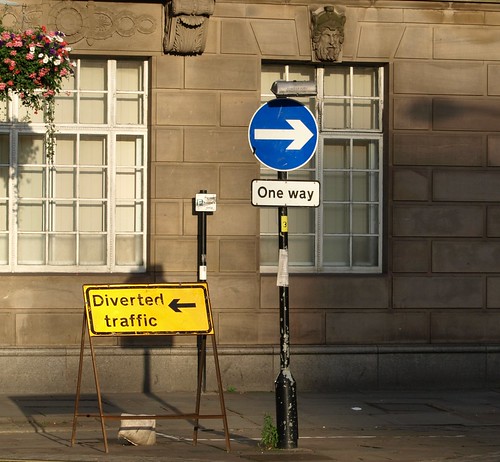You May Have Helped Map The Internet Without Knowing It
According to the Internet Systems Consortium there's somewhere over 900 million things connected to the internet. This isn't the amount of things, computers, mobile phones, tablets, that use the internet, but the number of things that have a public IP address. Maybe by correlating the locations of these public IP addresses you could make a map of the internet?
